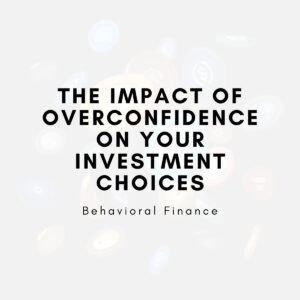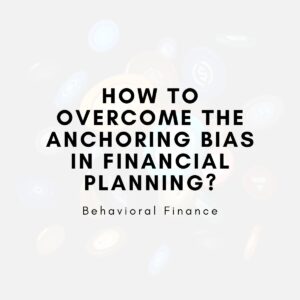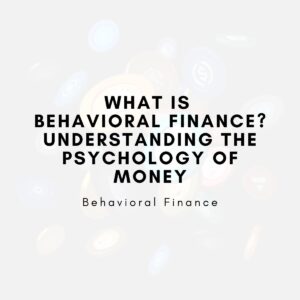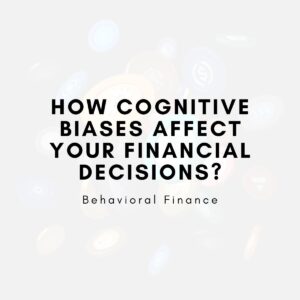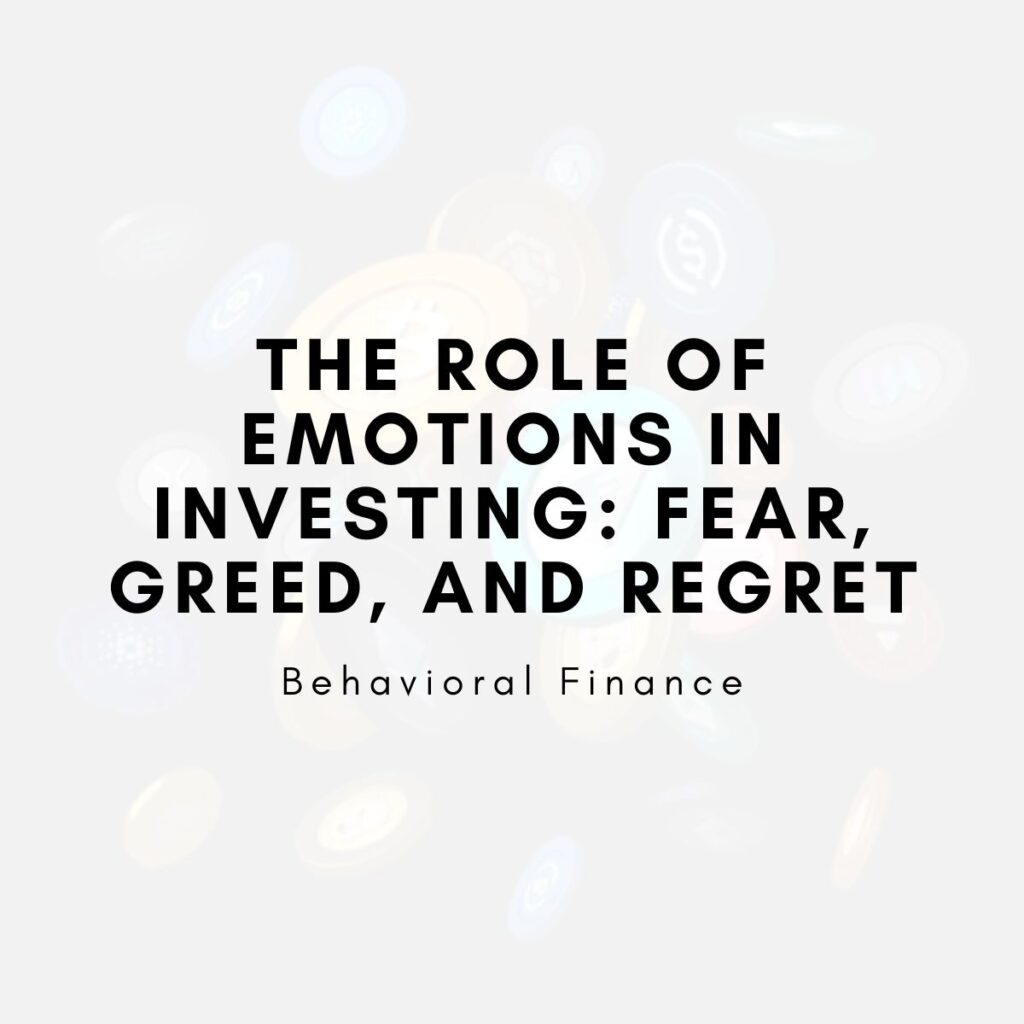
How do emotions like fear, greed, and regret influence investing?
Emotions play a significant role in investment decisions, often leading to irrational choices. Fear causes investors to sell during market downturns, greed pushes them to take excessive risks, and regret leads to hesitation or overcorrection after losses. Understanding these emotional triggers is essential for making rational and informed financial decisions.
Summary Table: The Role of Emotions in Investing
| Emotion | Impact on Investing | Examples | Strategies to Overcome |
|---|---|---|---|
| Fear | Causes panic selling, avoidance of risks, and hesitation during market uncertainty. | – Panic selling during the 2008 financial crisis led investors to lock in losses. | – Focus on long-term goals. – Diversify investments. – Build an emergency fund. |
| Greed | Leads to chasing high returns, overtrading, and ignoring investment fundamentals. | – Dot-com bubble (1990s): Overinvestment in internet stocks with no revenue. | – Stick to a disciplined strategy. – Set clear entry and exit points. – Regularly review the portfolio. |
| Regret | Results in hesitation, holding onto losses, or overcompensating after a missed opportunity. | – Holding onto a failing stock due to regret over the initial purchase. – Overinvesting in “hot stocks” after missing gains. | – Learn from mistakes. – Focus on future opportunities. – Follow a written investment plan. |
| Interaction of Emotions | Emotional cycles involving fear, greed, and regret amplify irrational decisions and compound losses. | – Market boom: Greed drives overinvestment. – Market decline: Fear triggers selling. – Recovery: Regret prevents reinvestment. | – Understand emotional cycles. – Avoid frequent monitoring. – Seek professional advice for unbiased guidance. |
| Overall Approach | Balancing emotional responses ensures rational, goal-oriented financial decisions and long-term success. | – Successful investors focus on data and long-term strategies instead of short-term market fluctuations. | – Practice mindfulness. – Anchor decisions with clear financial goals. – Maintain emotional discipline. |
This table highlights the key points about how emotions influence investment decisions and offers actionable strategies to manage them effectively.
Introduction
Investing is often described as a numbers game, but behind every stock purchase or sale lies a mix of emotions that can cloud judgment. Fear, greed, and regret are among the most influential emotions, shaping how we respond to market changes, risk, and losses. These emotional triggers often override logical decision-making, leading to financial missteps.
By understanding the psychological impact of emotions on investing, individuals can learn to recognize and manage these feelings, ultimately making smarter financial decisions. This guide delves into the role of fear, greed, and regret in investing, highlighting their effects and offering strategies to minimize their influence.
Understanding Emotional Investing
The Psychology Behind Emotional Investing
Emotions influence how we perceive risks and rewards. Behavioral finance suggests that instead of making decisions based on rational analysis, investors often act based on feelings, leading to predictable patterns of behavior in the market.
Fear: The Most Paralyzing Emotion in Investing
How Fear Impacts Decision-Making?
Fear arises when investors anticipate losses or uncertainty in the market. This emotion is a survival mechanism but can lead to irrational decisions in investing.
- Panic Selling: Selling investments during a market dip to avoid further losses, often locking in those losses.
- Avoiding Risk: Hesitating to invest in growth opportunities due to fear of volatility.
Example of Fear in Action
During the 2008 financial crisis, many investors sold their assets at rock-bottom prices, fearing further declines. Those who held onto their investments or bought during the downturn often experienced significant gains in the recovery.
Overcoming Fear
- Focus on long-term goals rather than short-term fluctuations.
- Diversify investments to reduce overall risk.
- Build an emergency fund to cushion against financial stress.
Greed: The Driving Force Behind Risky Decisions
How Greed Influences Investors
Greed compels investors to chase higher returns, often ignoring the risks involved. It’s most evident during bull markets or speculative bubbles.
- Overtrading: Frequent buying and selling to maximize gains, leading to higher fees and potential losses.
- Ignoring Fundamentals: Investing in “hot stocks” or trends without analyzing their true value.
Example of Greed in Action
The dot-com bubble of the late 1990s saw investors pouring money into internet companies with little to no revenue, driven by the promise of massive profits. The eventual crash wiped out significant wealth.
Managing Greed
- Stick to a disciplined investment strategy, such as dollar-cost averaging.
- Avoid emotional decisions by setting clear entry and exit points for investments.
- Regularly review your portfolio to ensure it aligns with your financial goals.
Regret: The Aftermath of Emotional Decisions
The Role of Regret in Investing
Regret occurs when past investment decisions lead to unfavorable outcomes. This emotion can cause hesitation, missed opportunities, or overcompensation.
- Holding Onto Losses: Refusing to sell a losing investment out of regret for the initial decision.
- Chasing Past Winners: Investing in assets that performed well previously, hoping for a repeat.
Example of Regret in Action
An investor who sold a stock too early, only to see its price skyrocket, might overcompensate by holding onto other investments for too long.
Strategies to Overcome Regret
- Learn from past mistakes rather than dwelling on them.
- Focus on future opportunities rather than lost ones.
- Keep a written investment plan to reduce emotional reactions.
The Interaction of Fear, Greed, and Regret
How These Emotions Work Together
These emotions rarely act in isolation. For example, greed may lead to risky investments, fear triggers panic selling, and regret causes hesitation in reinvesting. Understanding their interplay is crucial for maintaining a balanced approach.
Example of Emotional Cycles
- Market Boom: Greed leads to overinvestment.
- Market Decline: Fear triggers selling.
- Recovery Period: Regret prevents reentry into the market.
Strategies to Manage Emotions in Investing
Set Clear Financial Goals
Having a clear purpose for your investments helps anchor decisions and reduces emotional influence.
Stick to a Disciplined Plan
Develop a diversified portfolio based on your risk tolerance and investment horizon, and resist the urge to deviate from it.
Avoid Constant Monitoring
Checking your portfolio too frequently amplifies emotional reactions. Stick to periodic reviews instead.
Seek Professional Guidance
A financial advisor can provide objective advice, helping you avoid emotional pitfalls.
Practice Mindfulness
Mindfulness techniques like meditation can help reduce emotional reactivity, leading to calmer decision-making.
Conclusion
Fear, greed, and regret are powerful emotional forces that significantly impact investment decisions. They can lead to irrational actions like panic selling, chasing trends, or clinging to past mistakes. However, by recognizing these emotions and implementing strategies to manage them, investors can make more rational, goal-oriented decisions. Achieving success in investing requires not only financial knowledge but also emotional discipline.
Key Takeaways
- Emotions like fear, greed, and regret heavily influence investing behaviors.
- Fear often leads to panic selling and avoidance of risks.
- Greed drives overinvestment and speculative behavior.
- Regret results in hesitation, missed opportunities, or overcompensation.
- Strategies like setting goals, maintaining discipline, and seeking professional guidance can help manage emotions effectively.

